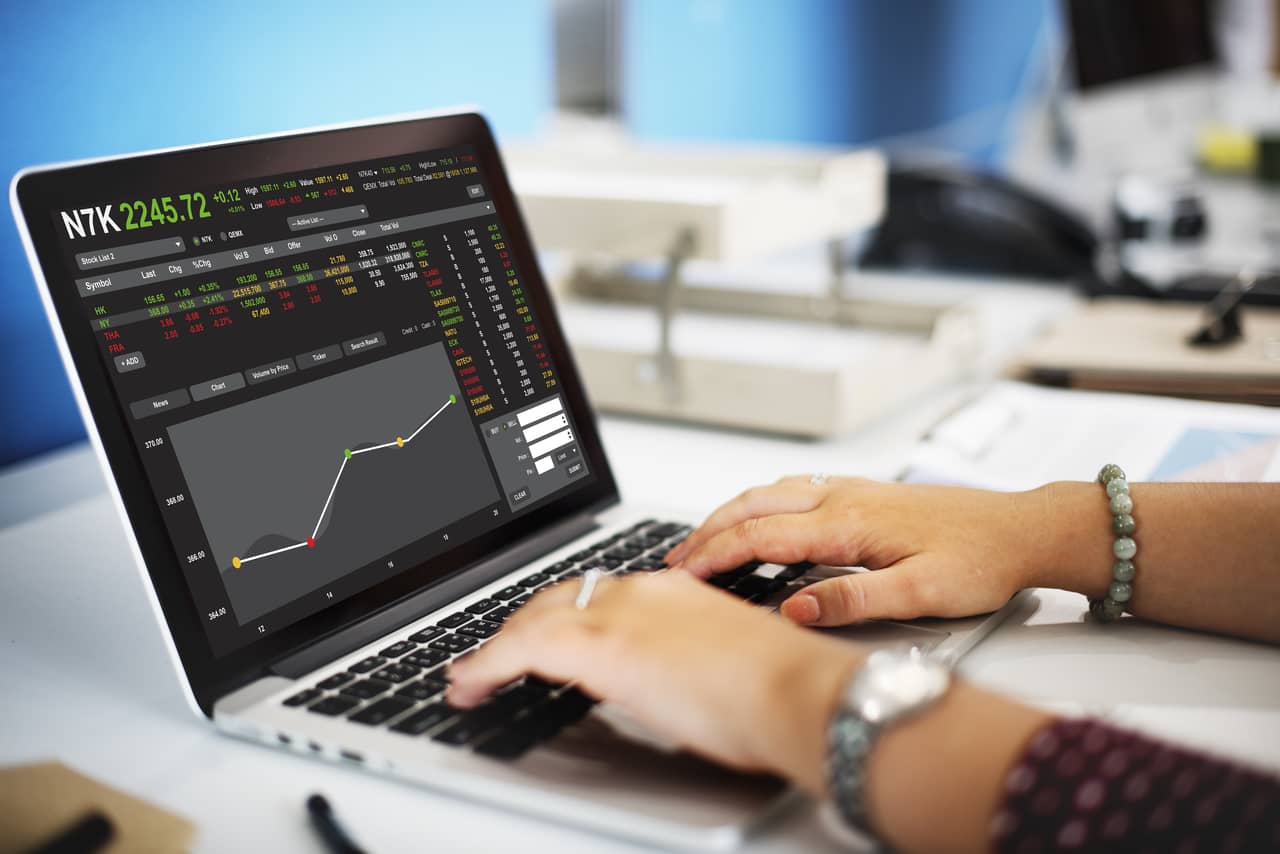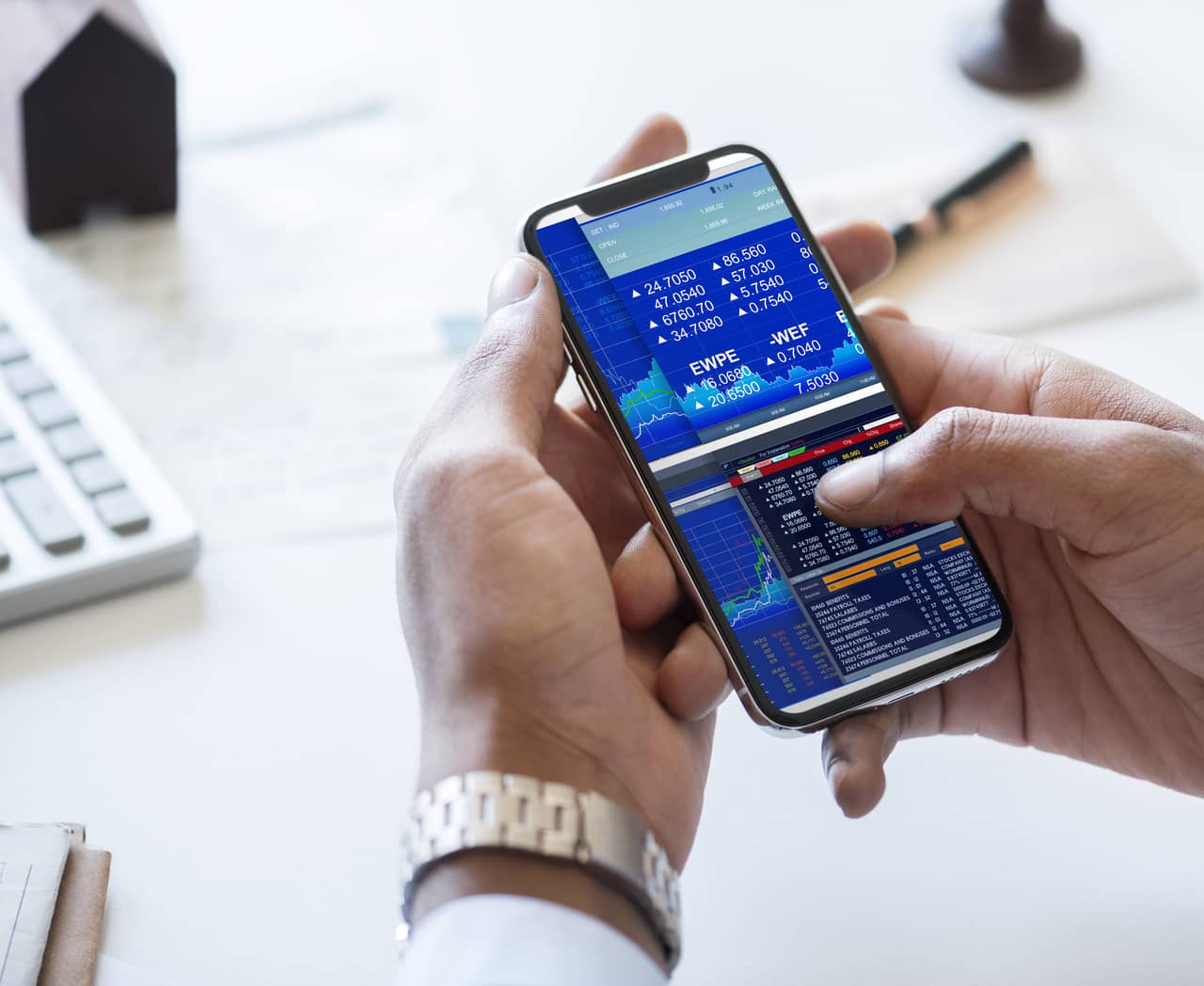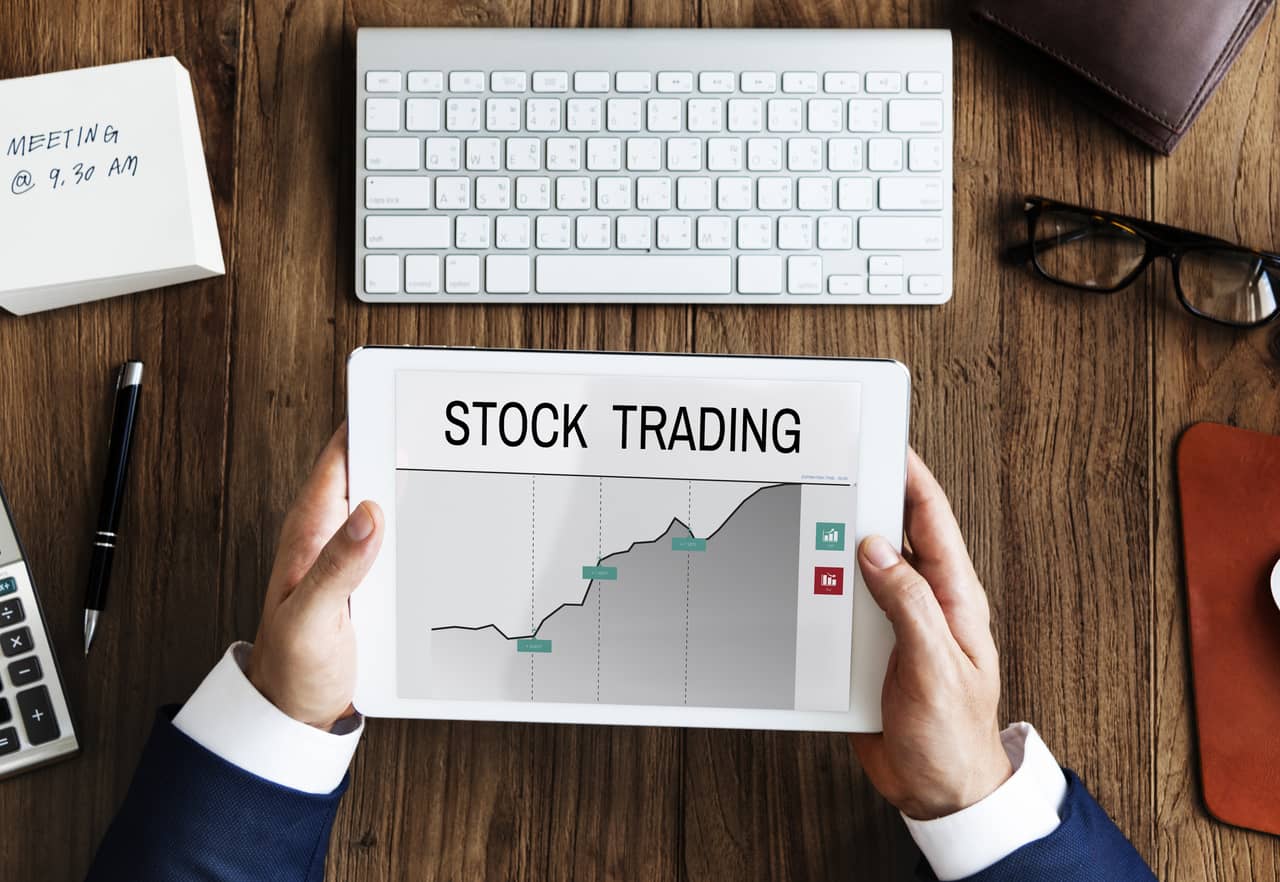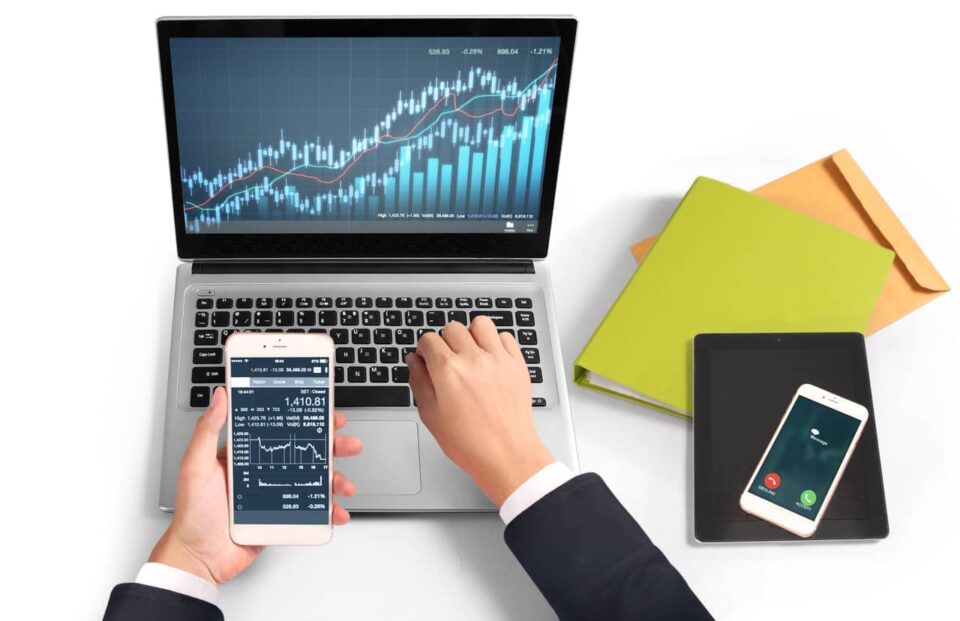When COVID-19 Crisis was at its peak and ruined people livelihood, people took a break from their traditional methods of investments and tried their hands in the stock market.
The number of accounts that were opened during the last two years has surpassed all the records that have existed before.
The two main depositories of India, i.e., CDSL and NSDL shared the data which says 70.2 Million (October 2021).
The number of new investors and traders are still growing, and the terminologies related to Demat and Trading Account can make one look a little less confident.
History
Earlier, when a buyer and seller wanted to transact, they had to be present at the stock exchange.
Buyers had the Cash and Sellers carried share certificates.
Further, the bidding would take place and the process of order matching with all this long process the transaction used to get completed.

This had numerous disadvantages like fear of theft and loss of share certificates.
It was also very time-consuming. With all these troublesome processes, the era of physical trading ended.
Dematerialization came into the picture.
Dematerialization refers to the conversion of physical shares into electronic format.
What is a Demat and Trading Account?
Imagine having very little space and running a business of electronics.
You are troubled about how to run a business, but you rent a warehouse near your business and now all your sales process gets done at the shop and electronics are kept at the warehouse.

The shop is your trading account where all the buying and selling takes place.
The warehouse is your Demat account where the electronics gets stored.
Similarly, a Trading Account is where buying and selling of the securities take place and a Demat Account is where the securities get stored.
Demat A/C charges

-
Account Opening Charges
Before you start Trading and Investing, there is an account opening charge that needs to be paid to a depository participant.
Account Opening Charges for discount brokers varies from 100rs to 250rs and mostly the charges are waved off, and it depends on the service you want to have.
-
Brokerage Charges
Brokerage charge is charged on the buy and sell transaction. It is charged on both sides. Whenever you buy or sell, charges will be levied.
-
Annual Maintenance Charges
A fee has to be paid to the depository participant for the maintenance of one’s accounts. Some brokers charge Rs 150 to Rs 400 while some have completely waived the fee off.
-
Depository Participant Charges
This charge occurs when the sell transaction takes place. This is one of the most important charges for depositories and their participants.
These are some basic charges people need to know as they are hidden from investors, and they can fall into the trap of endless deduction of their funds.
There are many charges like GST Charges, Payment Gateway Charges, STT Transaction Charges etc.
Also Read: IPO related key terminologies and their meanings
Choose the best Demat Account
There are two types of brokerage firms-Discount as well as Full-time brokerage firms.

A full-time service brokerage firm provides you with access to many tools as well as constant customer support which lacks in terms of discount brokerage firms, which makes them very inexpensive.
As a beginner, one must go with discount brokerage firms for learning and saving costs.
1. Upstox
Upstox is a low-cost brokerage firm that is funded by investors like Ratan Tata, Kalahari Capital, GVK Davik which makes it one of the most trusted platforms in India.
Various charges levied are as follows:-
- Account Opening Charges:- Zero.
- Account Maintenance Charges:- Rs. 150 per year.
- Brokerage:- Zero on equity delivery
- Depository Participant Charges:- No Charges while buying, Rs 18.50 + GST on selling.
- Payment Gateway Charges:- Zero.
2. Zerodha
Zerodha was founded in 2010 with its headquarters in Bangalore.
The owners of Zerodha are one of the self-made youngest billionaires which makes it attractive according to the young generation.
Various charges levied are as follows:-
- Account Opening Charges:- Zero.
- Account Maintenance Charges:- Rs. 300 per year.
- Brokerage:- Zero on equity delivery
- Depository Participant Charges:- No Charges while buying, Rs 13.50 + GST on selling.
- Payment Gateway Charges:- Rs. 9+ GST, Zero on UPI payments.
3. Groww
Groww has tackled the with big investment platforms and focused its platform mainly on Mutual fund investment which later incorporated equity, ETFs, digital gold and comes with one of the nicest user interfaces.
Various charges levied are as follows:-
- Account Opening Charges:- Zero.
- Account Maintenance Charges:-Zero.
- Brokerage:- Rs 20 on equity delivery.
- Depository Participant Charges:- No Charges while buying, Rs 13.50 + GST on selling.
- Payment Gateway Charges:- Zero.
4. Paytm Money
Paytm Money is an online discount broker which offers competitive pricing.
It is a wholly owned subsidiary of One97 Communications Ltd also an owner of Paytm that is known to most people in India, so it’s a reliable and trustworthy platform.
Various charges levied are as follows:-
- Account Opening Charges:- Zero.
- Account Maintenance Charges:- Zero.
- Brokerage:- Zero on equity delivery
- Depository Participant Charges:- No Charges while buying, Rs 10.50 + GST on selling.
- Payment Gateway Charges:- Zero.
How to Open a Demat Account

- Select the Depository Participant according to your needs
- Visit the website or apps through which you can fill in the basic details like name, Phone Number, Aadhar and Pan card number.
- Keep your ID proof and Address proof ready (scanned) and complete the KYC process.
- After filling out the form, proceed with E-sign and attach your photograph.
- Carry out the IPV which means in-person verification which can be done online. IPV is reconfirming that it’s not someone else that is using your account and using it to trade.
- IPV will be carried via Webcam and Otp will be provided and with this, you have to sign an agreement which consists of terms and conditions.
- In the last step, Beneficial Owner Identification (BOID) will be given to investors for access to their Demat account.
Conclusion
Demat and trading account will help you to start your financial journey, it needs researching, understanding and choosing the best platform for investment.
With zero physical presence, Demat and trading accounts have helped people save a lot of time and money, and it carries the transaction efficiently.




